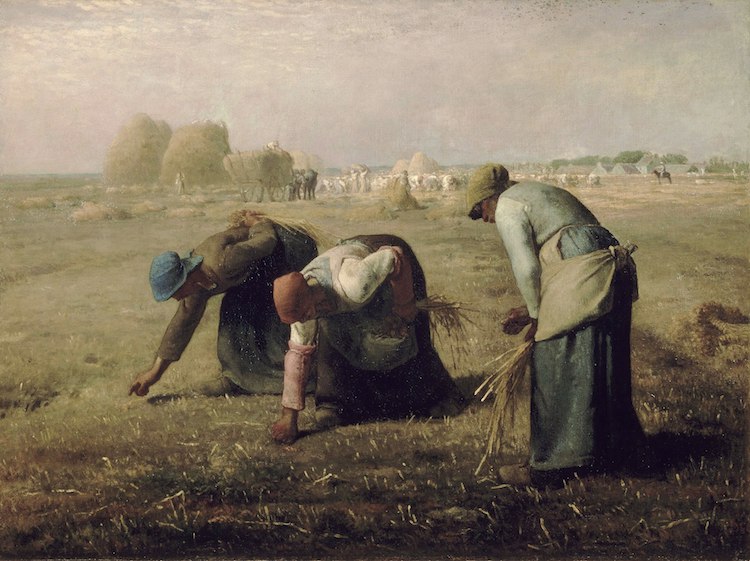Jillian Holbrook
AP European History 🇪🇺
335 resourcesSee Units
Philosophical Approaches
Realism
Realism marked an art movement in the 19th century that depicted a darker side of the physical world and human life in opposition to romanticism. One prominent realist was Emile Zola. He wrote on alcoholism, prostitution, adultery, labor strife, and illness.

Naturalism
Naturalism focused on scientific observations and facts to challenge imagined or supernatural explanations. In particular, naturalists felt it was their duty to use scientific objectivity and detached observation to reject romanticized views of life by the middle class. Naturalists and realists wanted to remove the illusions of a perfect life. 👪
Modernism
In the later 19th century, modernists believed the old culture of the realism movement was obsolete. However, they agreed that middle-class morality needed to be challenged. Modernism emerged when a loss of confidence in the objectivity of knowledge created a self-conscious break with traditional ways of thinking in intellectual and cultural life. The movement focused on innovation and experimentation in inner experiences. Modernists used literature to paint new pictures of the reality of life, including war, a thematic focus in literature, loneliness within society, and economic hardship.
Rationality became challenged as the highest intellectual form. Friedrich Nietzsche, a German philosopher, argued that it is equally important for humans to seek heroism, emotion, ecstasy, and artistic achievements in unison with rationality. In Nietzche's eyes, simply focusing on rationality robbed humans of their complex abilities.
Branching off the idea of human complexity, other philosophers sought to study beneath the surface issues of life. Sigmund Freud, an Austrian scientist, studied how and why people behave the way they do. He examined the behavior of children to discuss the internal organization of the human mind and how people develop moral and behavioral standards. Freud is a prominent figure in the history of psychology for his studies of the subconscious through dream and thought analysis. In essence, Freudian psychology promoted a belief that there was a struggle between the conscious, subconscious, and unconscious mind in rationality and behavior, offering a new outlook on human nature.
Thus, philosophy shifted from rational interpretations of nature and human society to promote the contribution of impulsivity and irrationality.
Developments in the natural sciences further promoted the departure from the idea that science alone provides knowledge and that Newtonian physics alone could objectively encompass nature. Quantum mechanics and Einstein's Theory of Relativity provided new contributions to physical explanations of the natural world. In particular, these theories introduced the concept of uncertainty and the observer's role in determining the outcome of an experiment, which challenged the prevailing view that science could provide an objective and absolute description of reality. 💫
🎥 Watch: AP European History - 19th Century -isms
Browse Study Guides By Unit
🎨Unit 1 – Renaissance & Exploration
⛪️Unit 2 – Reformation
👑Unit 3 – Absolutism & Constitutionalism
🤔Unit 4 – Scientific, Philosophical, & Political Developments
🥖Unit 5 – Conflict, Crisis, & Reaction in the Late 18th Century
🚂Unit 6 – Industrialization & Its Effects
✊Unit 7 – 19th Century Perspectives & Political Developments
💣Unit 8 – 20th Century Global Conflicts
🥶Unit 9 – Cold War & Contemporary Europe
📚Study Tools
🤔Exam Skills
👉Subject Guides

Fiveable
Resources
© 2025 Fiveable Inc. All rights reserved.